College of Human Sciences
Chief Albert Luthuli Research Chair hosts Oprah Winfrey Morehouse College fellows on robust dialogue
On 22 May 2023, the Chief Albert Luthuli Research Chair hosted the Oprah Winfrey Morehouse fellows from the United States of America (USA). In attendance, were South African students and emerging scholars from Unisa. This was the first such student-focused education and cultural exchange event hosted by the Research Chair since its inception in 2021. True to the activities of student exchange programmes, the event involved students from two different countries with socio-political commonalities.
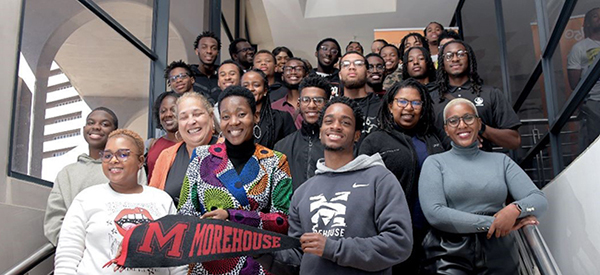
Prof Puleng Segalo (front, in African print clothes) with Unisa and Morehouse College delegates
The engagements included a multi-layered dialogue and strategic points tour related to the history of South Africa on Unisa’s main campus. The event also encompassed an intricate exploration of social justice issues affecting the two countries, which furthered the social justice imperatives of the Chief Albert Luthuli Research Chair prominent in the legacy of iNkosi Albert Luthuli. Through the event, the Research Chair met its goals of engaged scholarship and being a bridge for the re-imagining of solidarities across borders.
The exchange programme
As part of a unique and long-running student exchange programme, the South Africa Leadership Program, undergraduate students from Morehouse College located in Atlanta, Georgia, come to South Africa annually. Morehouse College is a historically black men’s liberal arts college. The exchange programme is a component of the Oprah Winfrey Scholars Program at Morehouse College, and is unique as one of the few large-scale educational exchange programmes in the USA. It was established specifically for the development of young black male scholars by a black female philanthropist. Since its establishment, close to 300 Morehouse College students from multiple disciplines have visited South Africa.
The day’s activities
Prof Puleng Segalo, Head of the Chief Albert Luthuli Research Chair, her Research Chair colleagues, and postgraduate students and lecturers from the Department of Psychology, first had a meet-and-greet session at Unisa’s Muckleneuk Campus. The Unisa delegates then led Morehouse College students to the Unisa History and Memory Project’s permanent exhibition on the 3rd floor of the Kgorong Building. The two groups then had robust conversations about the realities facing both countries.
They also visited the university’s Print Production Unit where physical learning material is printed out for students who do not have access to the internet and digital learning resources. The unit also provides online learning material. The fellows were then taken on a brief tour that offered an overview of the history and current processes of print production and dispatch.
A thought-provoking dialogue
Segalo began the conversation by explaining the purpose (raison de’tre) of the Research Chair at the university. She elaborated on its role in honouring the legacy of Chief Albert Luthuli and how his Christian, community and political leadership influenced a democratic South Africa through his social justice work. Additionally, Segalo stressed how he perceived social cohesion, and the role of the church in the betterment of society. She emphasised: "Social justice dimensions are embedded in Unisa’s curricula, highlighting the significance of decoloniality."
Leon Roets, of the Unisa Tirisano Centre, spoke about how the university aims for the representation of all histories where the principles of diversity, equity and inclusion drive the university’s transformation within a social context and for the redress of inequality.
There were questions raised around: "What is social cohesion?", "What is justice relating to political accountability?", "What intergenerational trauma is since so much of it is not visible to the naked eye" and "What is the citizens’ role in moving South Africa forward?".
Morehouse College students shared their South African experiences in relation to their individual backgrounds. One of the students resolved that he had seen transformation but felt that a lot must still be done to create societal change. Many agreed that doing the work of "making it right" in both countries, whether through mechanisms such as reparations, would achieve more than the symbolic renaming of buildings, defacing or removing problematic colonial monuments.
While exploring South African futures, the complex role of religion in enforcing oppression and bondage while simultaneously creating safe spaces of solace and solidarity, was also excavated. One of the postgraduate students spotlighted the role of religion as currency for upliftment and upward mobility since it provided access to resources such as land and education. Lesego Plank, a researcher at the Chief Albert Luthuli Research Chair, pointed out that religion has been weaponised for gender-based violence and to normalise trauma.
Psychology majors also mulled over the limitations of traditional Euro-Western psychology in prohibiting different ways of knowing and tools to engage with certain conditions. For example, how can unforeseen trauma with historic roots, transferred generationally, and therefore about the collective rather than the individual, be detected? One of the ways that was suggested was drawing from other ways of understanding the world. Segalo clarified: "African psychology helps to conceptualise and re-theorise conditions, such as how our ancestors responded to depression. African spirituality also teaches us about erased histories."
A professor of Psychology from Morehouse College, Dr David Wall Rice, stressed the importance of memory work in identifying unforeseen trauma, and that a good place to start could be through dialogue to reject hegemonic supremacies and the "master narrative", but to centre lived experiences in everything, including policies of democracy.
The session enabled students from both countries to ruminate on moving beyond the symbolic renaming of monuments by investing in curricula that contributes to change at all educational levels. It was a dialogue for reflection on the connections between the progress and struggles of South Africa and the USA.
#Unisa150
* By Dr Akhona Ndzuta, Post-doctoral Fellow, Chief Albert Luthuli Research Chair
Publish date: 2023-05-31 00:00:00.0


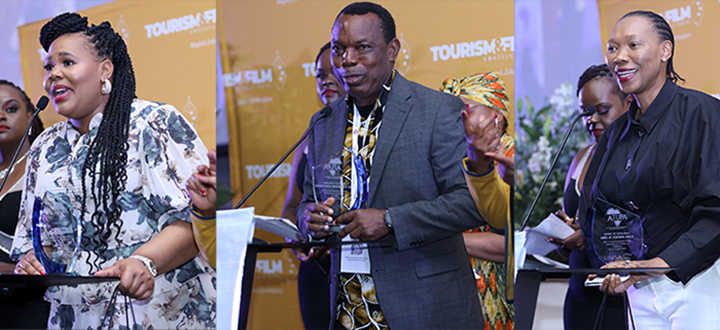 Unisa and ATUPA recognise researchers for ingenuity and innovation
Unisa and ATUPA recognise researchers for ingenuity and innovation
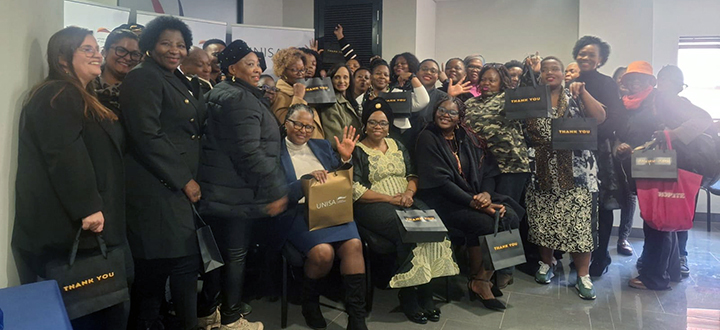 Recognising the unceasing resilience of women
Recognising the unceasing resilience of women
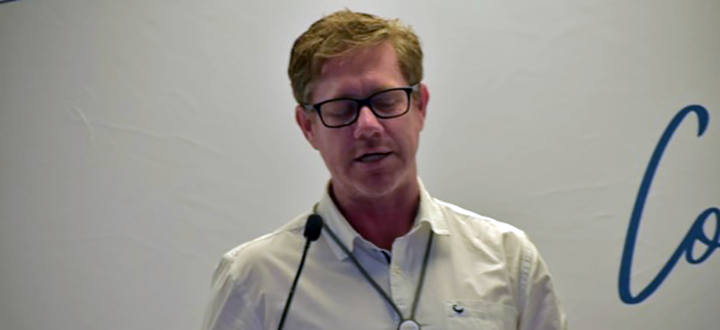 Unisa and SHECASA promote institutional health and safety
Unisa and SHECASA promote institutional health and safety
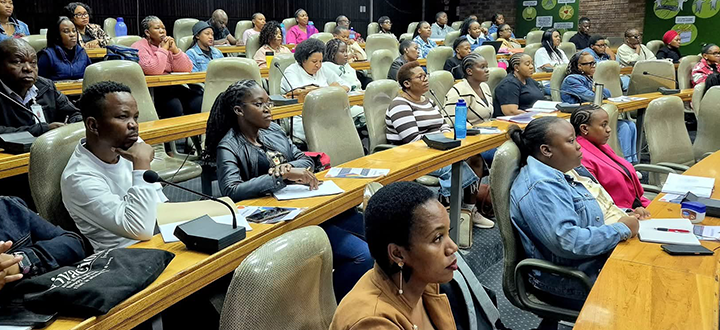 Effectual partnership to advance public health knowledge
Effectual partnership to advance public health knowledge
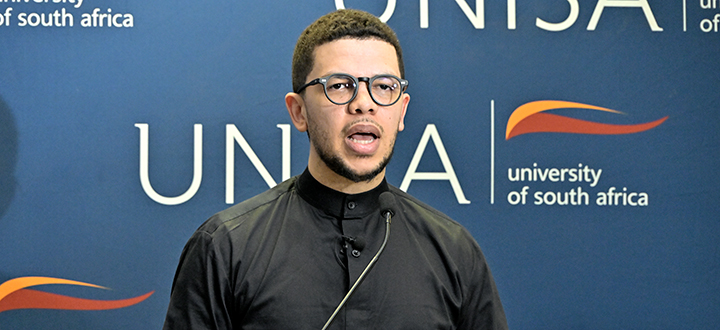 OR Tambo remembered as a radical democracy builder
OR Tambo remembered as a radical democracy builder